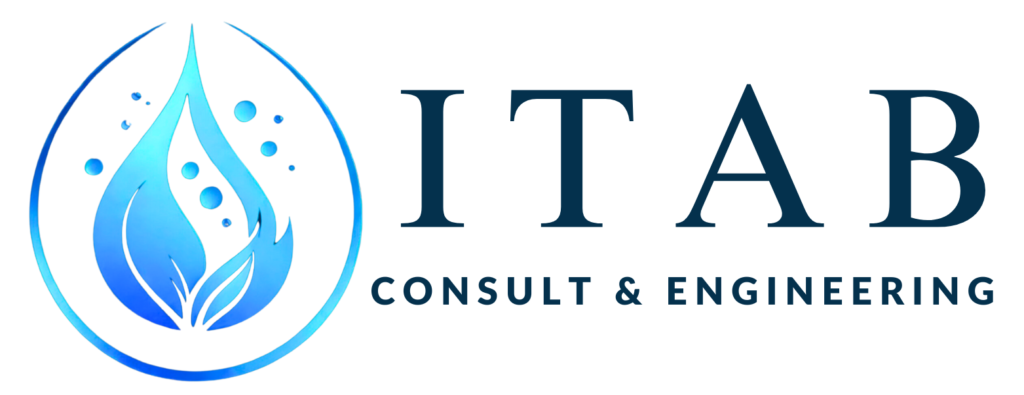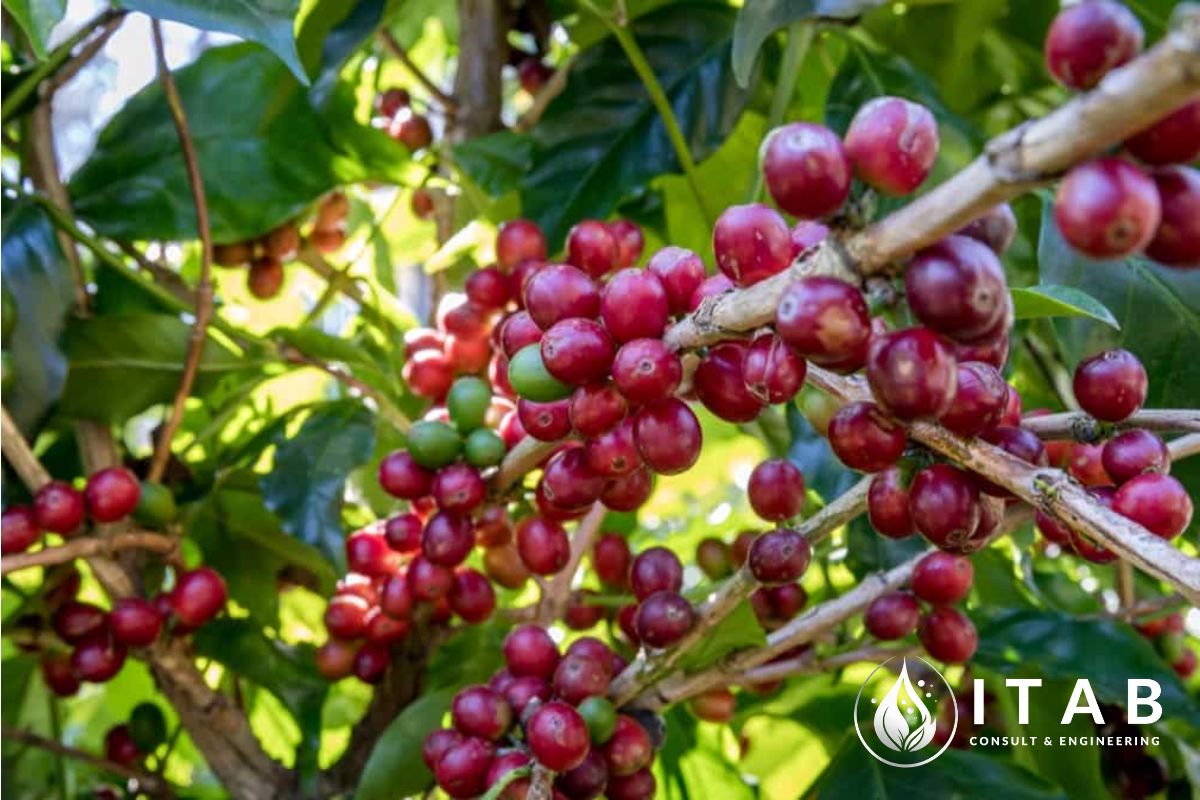Water is essential for life, but in Africa, it is becoming increasingly scarce due to the effects of climate change. Farmers are struggling with longer droughts, rivers are drying up, and unpredictable rainfall patterns are threatening both rural and urban water supplies.
At ITAB Consult & Engineering Ltd, we recognize the urgent need for climate-resilient water management. Through hydrological assessments, irrigation solutions, watershed conservation, and sustainable energy-powered water systems, we help individuals, businesses, and governments adapt to and mitigate the impact of climate change on water resources.
How Climate Change is Disrupting Africa’s Water Resources
Climate change is affecting Africa’s water security in several ways:
Rising Temperatures and Increased Evaporation
Higher temperatures mean faster evaporation from lakes, rivers, and reservoirs, reducing the amount of water available for drinking, agriculture, and industry. In already hot regions like the Sahel and East Africa, this is exacerbating water shortages.
Unpredictable Rainfall and Prolonged Droughts
Some areas experience too much rain at once, causing floods and overwhelming water supply systems, while others endure long periods without rain, leading to droughts. This inconsistency makes planning for water use more difficult for communities and farmers.
Shrinking Glaciers and Drying Rivers
The glaciers on Mount Kilimanjaro and the Rwenzori Mountains, which provide water to millions, are melting at alarming rates. Rivers like the Nile and Niger are also experiencing reduced flow, affecting hydroelectric power generation and agriculture.
Deforestation and Water Catchment Degradation
Forests help regulate the water cycle, but rapid deforestation is destroying Africa’s natural water catchments. Without trees to absorb and store water, runoff increases, leading to soil erosion, loss of groundwater recharge, and worsening water shortages.
Declining Groundwater Levels
Many African communities depend on groundwater from boreholes and wells. However, as climate change reduces rainfall and increases demand, groundwater reserves are depleting faster than they can be replenished.
How ITAB Consult & Engineering Ltd is Addressing These Challenges
At ITAB Consult & Engineering Ltd, we are on the frontlines of climate-resilient water management, offering sustainable solutions to combat the impact of climate change on water resources:
- Hydrological Assessments – We study water availability and sustainability to guide governments, NGOs, and businesses in planning for climate-smart water management.
- Smart Irrigation Solutions – Our drip irrigation systems reduce water wastage and ensure farmers can grow crops efficiently, even in dry conditions.
- Watershed Management & Catchment Protection – We restore degraded catchment areas by promoting reforestation, erosion control, and sustainable land-use practices to conserve water sources.
- Solar-Powered Water Pumping Systems – To reduce dependence on erratic hydro and fossil-fuel-based energy, we design and install solar-powered water supply solutions for rural communities, farms, and industries.
- Water Policy & Permitting Consultancy – We assist businesses and communities in navigating water regulations, ensuring legal and sustainable water use.
Solutions for a Water-Secure Future in Africa
Although climate change presents serious threats, there are solutions that can help Africa secure its water future:
- Investing in Climate-Resilient Infrastructure – Governments and businesses must prioritize drought-resistant water supply systems and efficient irrigation technologies.
- Promoting Sustainable Land Management – Reforestation, soil conservation, and wetland restoration must be part of national strategies to preserve water catchments.
- Improving Water Storage & Recycling – Communities need better systems for storing excess rainwater and recycling wastewater for irrigation and industrial use.
- Community Engagement & Education – Raising awareness on climate-smart water conservation practices ensures that local populations actively participate in protecting their water sources.
- Leveraging Technology & Innovation – Advanced remote sensing, AI-driven water monitoring, and early warning systems for drought and floods can enhance water management planning.
Climate change does not have to mean a water crisis. With the right conservation strategies, innovative technologies, and policy support, Africa can adapt and secure its water resources for future generations.
At ITAB Consult & Engineering Ltd, we are committed to being part of the solution. Through expert water resource management, irrigation engineering, and sustainable energy solutions, we help African communities and businesses build resilience against climate change.





